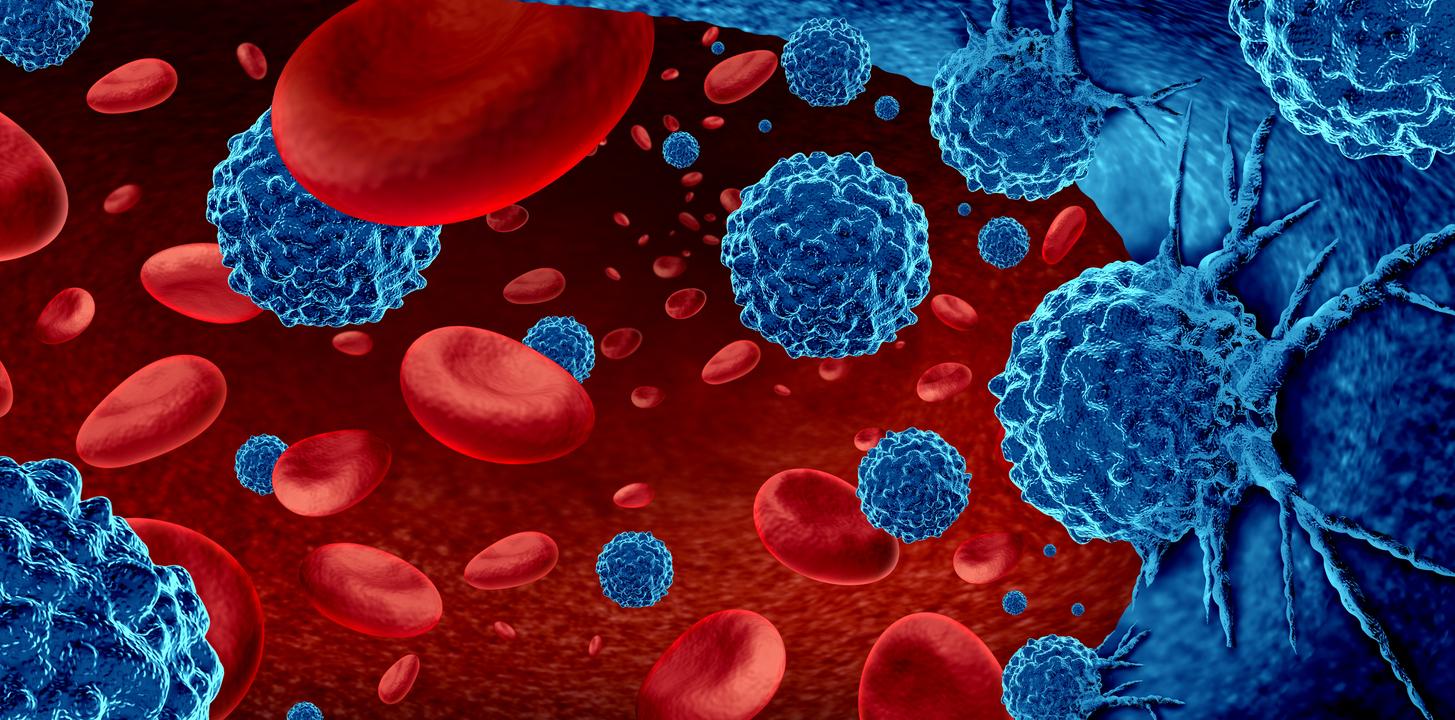By definition,Orgasm is a relaxing reaction after sexual tension. Theoretically, this is the most intense moment of intercourse, which is usually accompanied by pleasure. Its expression and its feelings are eminently subjective, some speak of “small contraction of nothing at all”, others “of magic explosion”, of “small sensual and soft nirvana”, “of cotton which floats in all the body” . Some evoke a very localized sensation “a small cramp”, a “tickle”, others marvel at “well-being everywhere”, “soaring relaxation”, “relief” … Only certainty, the indispensable condition for the orgasm in the woman as in the man is the letting go, the abandonment of oneself, the confidence.
An MRI study performed by therapist Gert Holstege to measure brain activity during orgasm showed that men and women did not react at all the same. As Tracey Cox explains in her bestseller “Sexus Feminitus”: “The images show that during orgasm, entire areas of the male brain light up like a Christmas tree, while in the same images, in women, nothing is happening. […] If the cells weren’t activated, maybe they were doing something else? Gert Holstege had therefore resumed the experiment by measuring this time the deactivation of cells during orgasm, this time it was the turn of female brains to light up while nothing was happening in the brains of men. . Conclusion: in a woman, the part of the brain which manages the control of emotions (such as fear, anxiety for example) ceases all activity during orgasm ”. This proves the need to let go to achieve supreme pleasure …
With the ceaseless improvement of knowledge in the field of sexual physiology, the question of the alleged superiority of the vaginal orgasm over the clitoral should no longer take place, as the two orgasms seem entangled. It is even difficult for the main interested parties to know if they are vaginal or clitoral. It drags a lot of received ideas about vaginal pleasure, supposed to be more complete, extended or deep than the clitoral, which in turn is fleeting, superficial and limited. “It all depends on the moment, the women and their partner,” says Dr Sylvain Mimoun without hesitation in “Sex and feelings”. Vaginal orgasm is not synonymous with diffuse orgasm since it can be triggered in the vagina and remain localized. The diffusion of the pleasure wave itself depends on a large number of neurosensory and psychological variables. To this is added the fact that a vaginal orgasm requires penetration, therefore the fusion of the two bodies, while this is not essential for the clitoral, hence the usual contempt for this last… We can go even further and see that reproduction is only assured with the vaginal, which would therefore necessarily be the best. Etc. “. In any case, if a woman fails to come only through penetration, she is not an under-gifted or a clumsy, nor is she a catastrophic exception, she is absolutely in the norm. Clitoral pleasure concerns 80% of women. It is caused by caresses on the clitoris, before, during or after penetration. Vaginal pleasure concerns the remaining 20% of women, it results from a vagina stimulation (at the entrance or at the bottom) during a penetration.


















